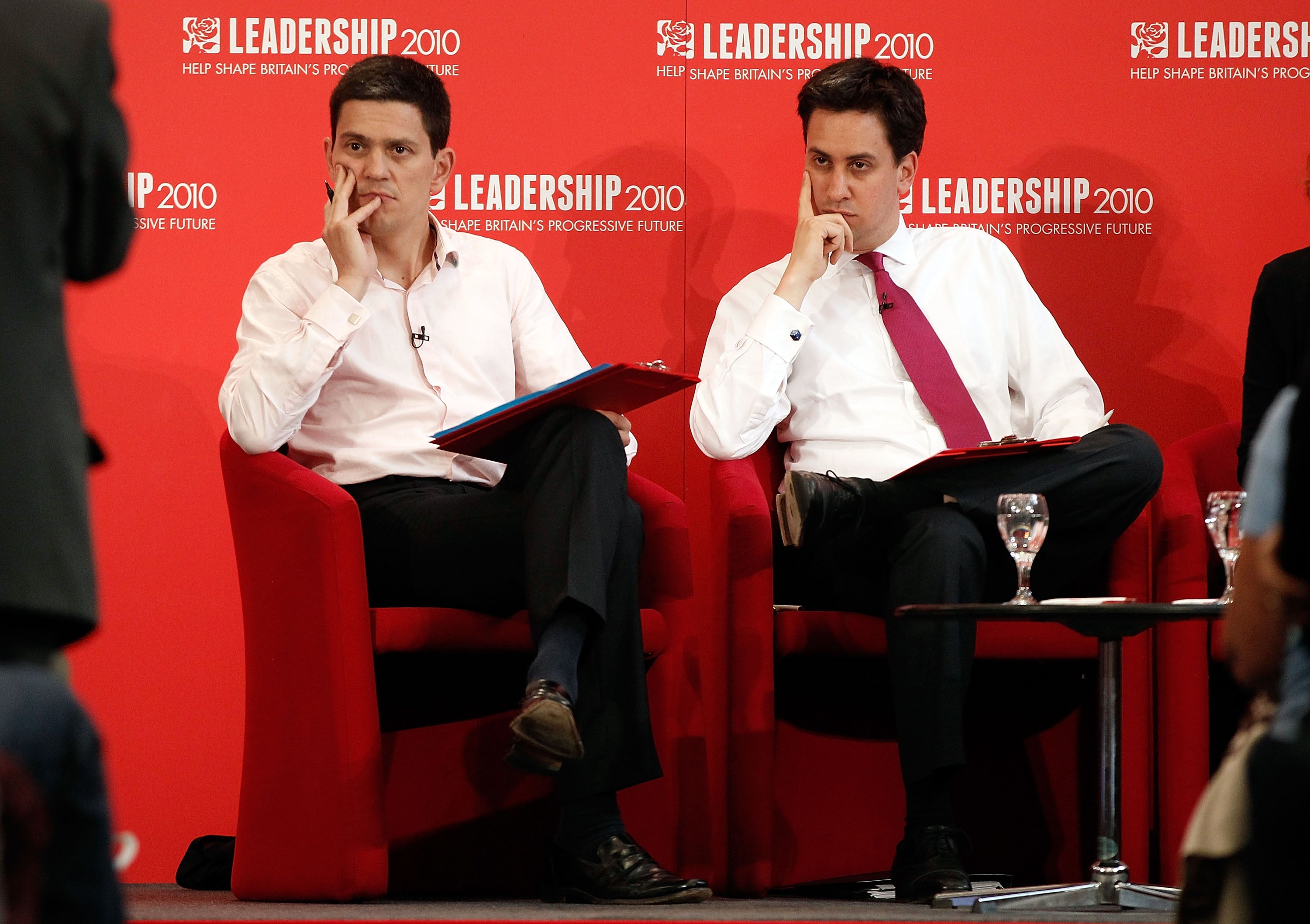The Top 10 hinge moments in history decided by a narrow margin
Momentous choices decided by a whisker or an eyebrow or a horse


Thanks to Tony Halmos for this idea, after Peter Mandelson told a rally of Blairites to commemorate the 25th anniversary of the 1997 election last month that Labour’s troubles stemmed from Ed’s defeat of David Miliband by a margin of 1.4 per cent in 2010.
1. The Battle of Zama, 202 BC. Rome’s cavalry chased the Carthaginians from the field, but the infantry battle was more closely fought, deadlocked until the Roman horse broke off from chasing the enemy and returned to the field. It was the battle that ended Carthaginian power, allowing the expansion of the Roman empire, with access to Egyptian grain. Thanks to Stewart Slater.
2. A horse was worth a kingdom to Richard III, losing the battle of Bosworth, 1485, and ushering in the Tudor dynasty. Nominated by Martin Gayton.
3. The failure of Suleiman the Magnificent to take Vienna in 1529. A close-run thing that would have changed the history of Europe. From Tim Andrew.
4. By an eyebrow: the Labour deputy leadership election, 1981. “The final decision – and I’ll say this now the votes have been counted three times: Tony Benn 49.574; Denis Healey 50.426.” Victory for Benn would have triggered further defections to the SDP and might have pushed Labour into third place in the 1983 general election. Thanks to Rob Stevens, Ed Lennox, Philip Goldenberg and Ian McKenzie.
5. The Battle of San Carlos Water, 1982. The Argentinian attempt to prevent the British landing on the Falklands. Thirteen bombs hit British ships but failed to detonate. “Six better fuses and we would have lost,” Lord Craig, air marshal of the Royal Air Force, is said to have remarked, according to Paul T Horgan.
6. Margaret Thatcher was four votes short of the required 15 per cent margin of victory over Michael Heseltine in the first Conservative leadership ballot in 1990, or 1.1 per cent of the 372 Tory MPs. If she had carried on as prime minister, history could have been very different. Thanks to Ed Lennox.
7. George W Bush versus Al Gore, US presidential election, 2000. By five votes to four in the Supreme Court, Bush won the state of Florida by 537 votes (0.009 per cent) and the electoral college by five votes (1 per cent). The Iraq war would probably not have happened if it had gone the other way. Thanks to Conor Downey.
8. Michael Portillo lost out to Iain Duncan Smith by one vote in the 2001 Tory leadership election (0.6 per cent), meaning IDS faced Ken Clarke in the members’ ballot. “I think it’s fair to say that Portillo would have trounced the Europhile Clarke among the membership, meaning that Blair might not have secured that third term,” said Ed Lennox.
9. The Scottish National Party won one more seat than Labour in the 2007 Scottish parliament elections, winning Cunninghame North by 48 votes (0.1 per cent), allowing Alex Salmond to form a minority government. Nominated by Henry Anderson.
10. Michael Gove was only two votes behind Jeremy Hunt in the final MPs’ ballot in the 2019 Tory leadership election, a margin of 0.6 per cent again. Gove had been in second place in the previous round, but Boris Johnson is thought to have lent some of his votes to Hunt to keep Gove out of the final two. Would Johnson have beaten Gove, albeit by a narrower margin than his two-to-one victory over Hunt? That may be a QTWTAIY, but who knows? Thanks to Ed Lennox again.
To keep up to speed with all the latest opinions and comment, sign up to our free weekly Voices Dispatches newsletter by clicking here
Not making the list was the “indicative vote” held in the House of Commons on 1 April 2019, in which MPs rejected every Brexit option put before them, but Ken Clarke’s customs union motion lost by only 276 to 273 (0.5 per cent). I don’t think this counts because Theresa May’s ministers abstained, so even if the vote had passed the proposal would not have been adopted.
Next week: Epic cries of “What have we done?”, after I was reminded of Eric Schmidt, former chief executive of Google, saying: “The concept of social networks, broadly speaking, as amplifiers for idiots and crazy people is not what we intended.”
Coming soon: Political excuses, after Neil Parish said “it was tractors I was looking at”.
Your suggestions please, and ideas for future Top 10s, to me on Twitter or by email to top10@independent.co.uk

Join our commenting forum
Join thought-provoking conversations, follow other Independent readers and see their replies